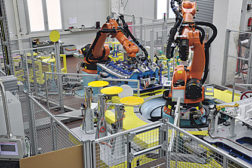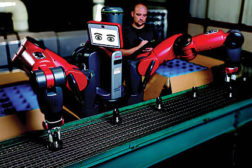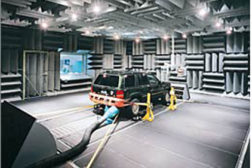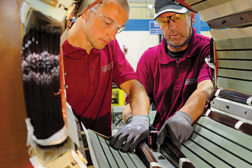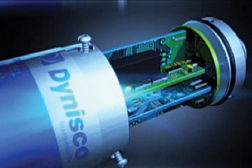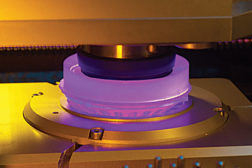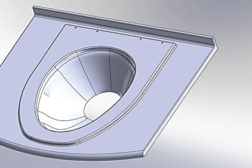Plastics & Metal Welding Assembly
BYU Engineers Push Product Design Boundaries
Traditionally, automobiles, lawn mowers, airplanes, dishwashers and other products contain a wide variety of rigid parts connected by joints that are designed to be strong and stiff.
May 1, 2013
Assembling Motors and Bearings at Baldor
Baldor benefits from investing in U.S. assembly operations.
April 1, 2013
Get our new eMagazine delivered to your inbox every month.
Stay in the know on the latest assembly trends.
SUBSCRIBE TODAY!Copyright ©2024. All Rights Reserved BNP Media.
Design, CMS, Hosting & Web Development :: ePublishing
